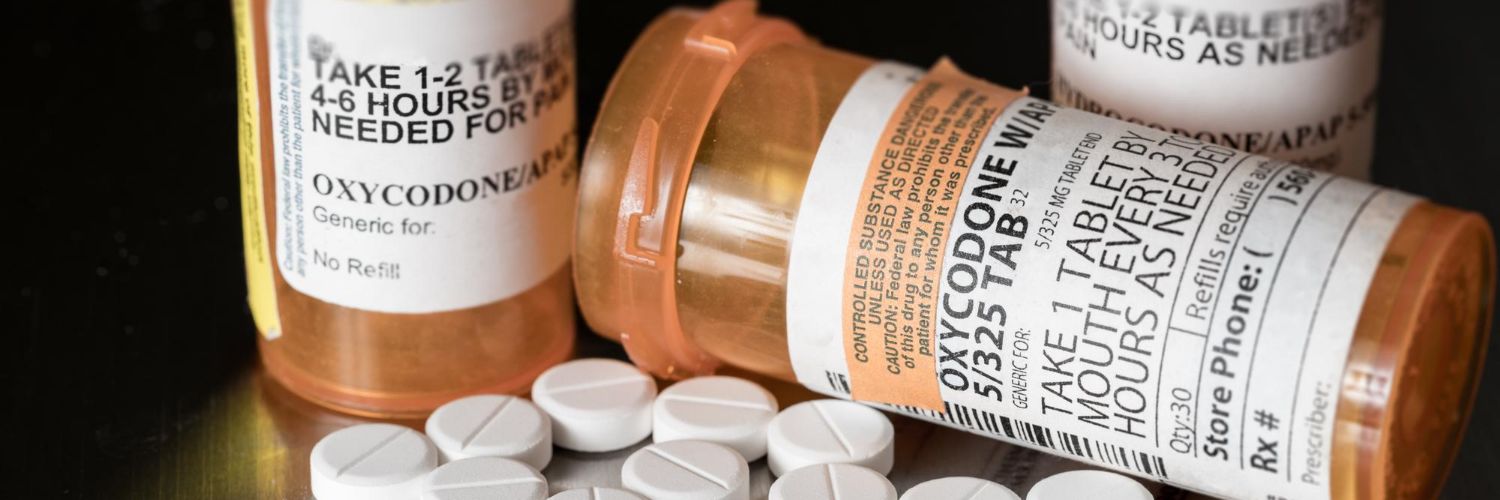MO To Launch Statewide Prescription Drug Monitoring Program
MO To Launch Statewide Prescription Drug Monitoring Program

Introduction
Missouri is ready to establish a statewide prescription drug monitoring program to combat the opioid problem, despite Republican opposition for years.
The state will pay a medical technology company $1.4 million to run the initiative, which is intended to reduce opioid addiction, according to a deal signed earlier this month.
Bamboo Health of Kentucky, which was already in charge of a county-level programme run by St. Louis County, won the contract, which was put out to bid last year following legislative approval of the plan.
Bamboo Health stated in a statement that it will effortlessly migrate the St. Louis County system to the Missouri statewide system without the need for a complex data migration operation. The scheme is intended to reduce "doctor-shopping" in order to receive several prescriptions for pain relievers.
However, the former senator, a Republican from northwest Missouri, raised persistent worries about patient privacy when firms acquire medical information.
When efforts to establish a nationwide monitoring program in Missouri faltered, St. Louis County developed one in 2017 in which 75 local authorities agreed to join, representing 85% of the state.
According to health experts, opioid prescriptions dropped drastically after the county implemented the monitoring scheme. According to the federal Centers for Disease Control and Prevention, Missouri had an average of 80.4 opioid prescriptions per 100 individuals in 2016 and 58.3 prescriptions in 2019. Nonetheless, Missouri's total drug overdose fatality rate has consistently grown since 2016.
Over a two-year period between 2020 and 2022, the City of St. Louis Medical Examiner's office verified approximately 900 unintentional death overdoses. During the same time period, St. Louis County had around 700 overdose deaths.
Missouri ranked 16th among states on an annual basis from 2010 to 2019, as the country plummeted into an opioid epidemic, according to a Kaiser Health News study of CDC data published by the Kaiser Family Foundation.
Pharmacists who distribute prohibited medications will be compelled to put prescriptions into a database, which will subsequently be available to doctors, according to the plan.
Bamboo executives stated in their bid offer to the state that a comparable programme in Louisiana has witnessed a large rise in usage after the firm took control. In 2019, for example, it logged 800,000 doctor searches. In January 2022, that figure had risen to more than 2.7 million.
Opioid prescriptions fell 21% in Kansas, where the program has been in place for nearly seven years, from 2018 to 2022. Prescriptions written by numerous doctors fell by 86% from 10.9 per 100,000 in 2018 to 1.5 per 100,000 in 2022.
Latest News
Texas Trial to Decide J&J’s $10B Talcum Powder Settlement
A high-stakes trial in Texas will determine whether Johnson & Johnson (J&J) can resolve tens of thousands of talcum powder cancer lawsuits through a…




